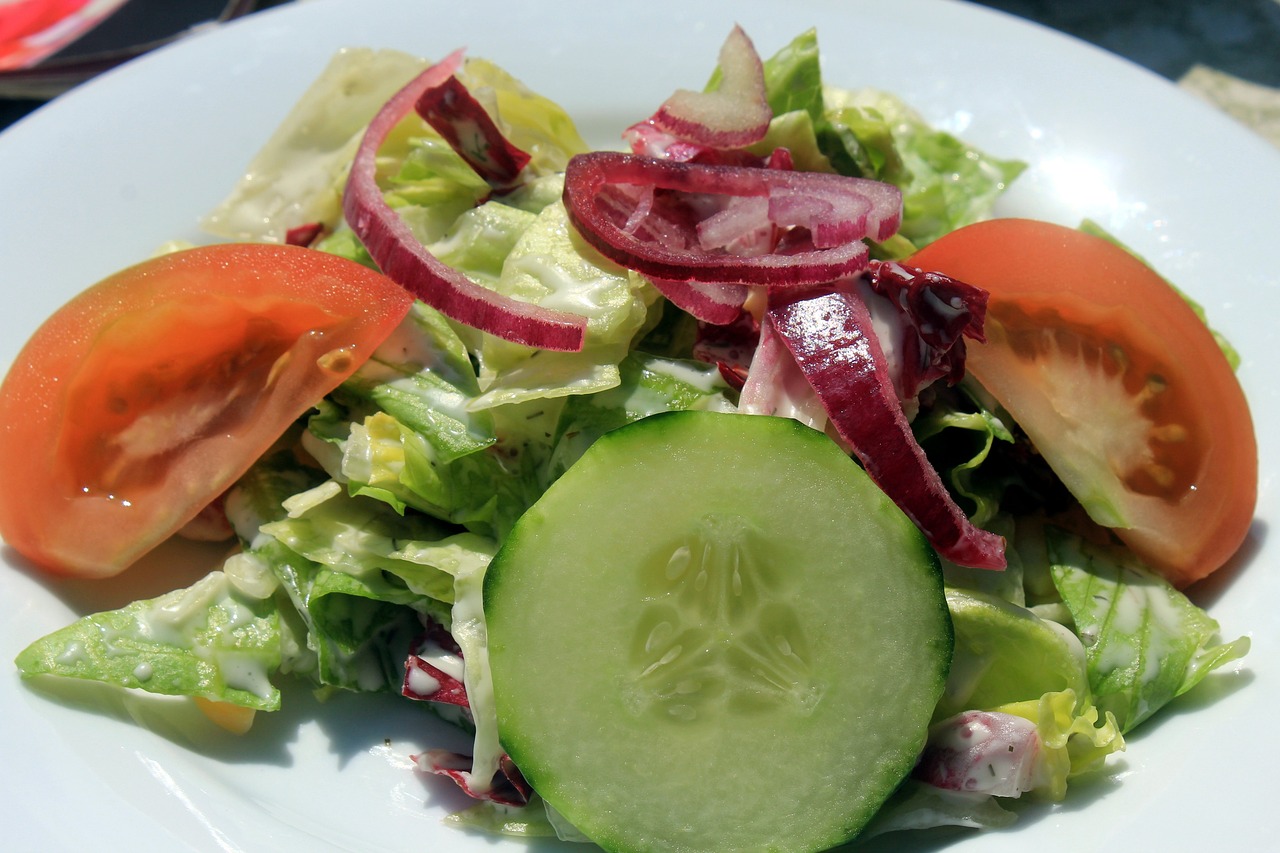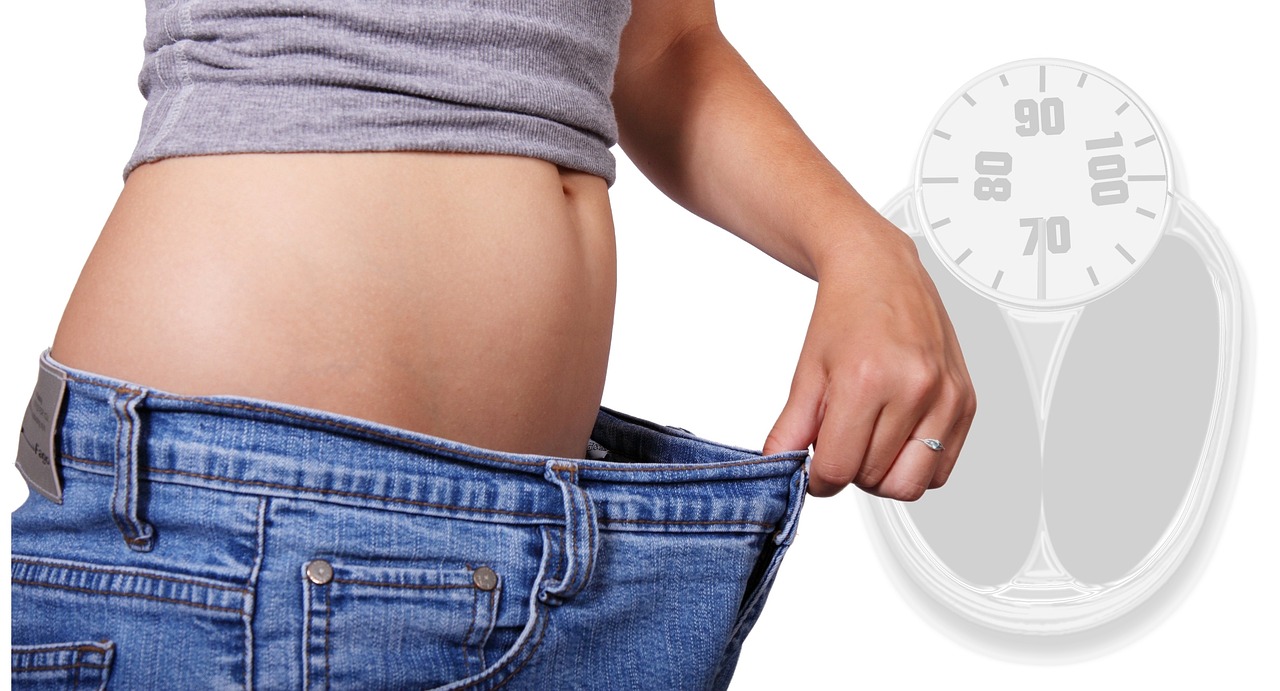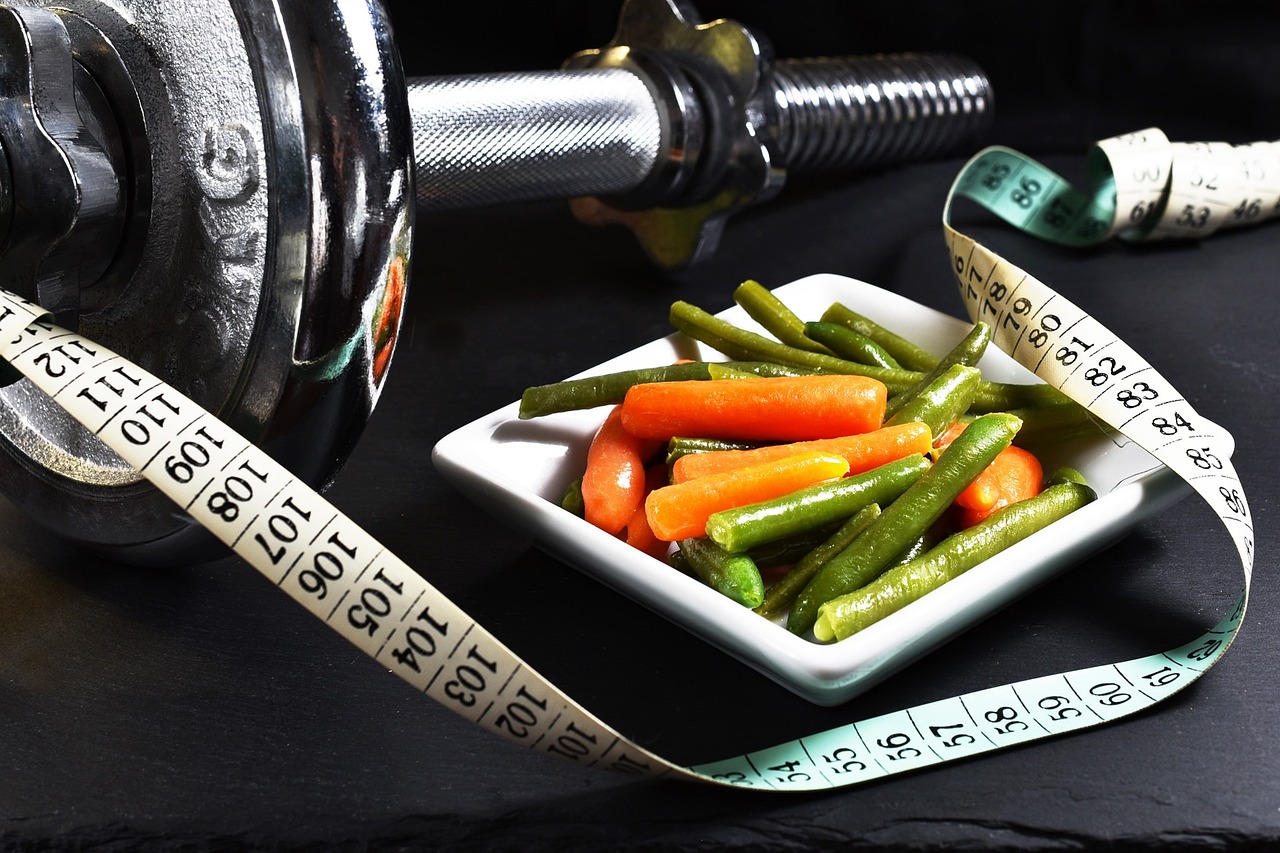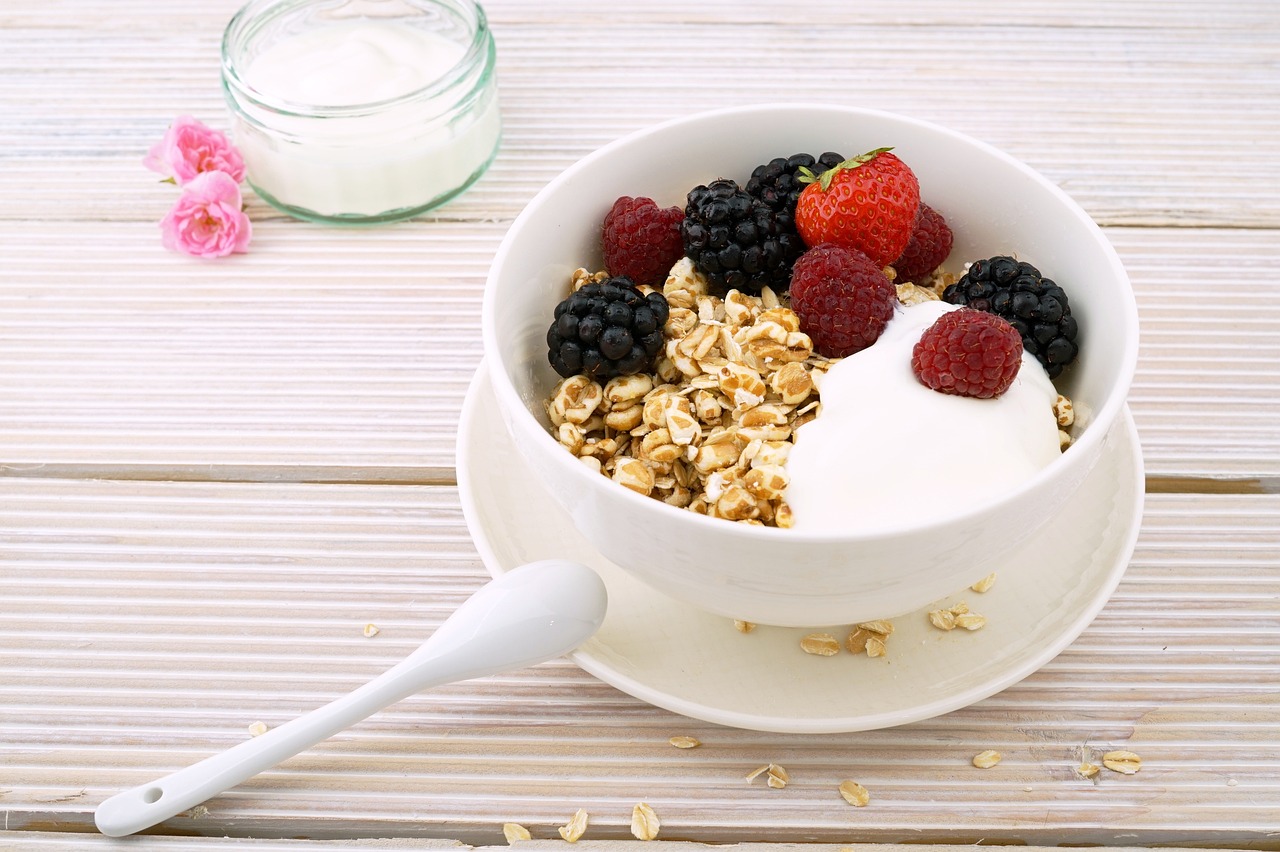Embarking on a weight loss journey often brings to mind strict diets and rigorous exercise routines, but imagine if you could shed those extra pounds without either. “How To Lose Weight Without A Diet Or Exercise” offers you insightful tips and lifestyle tweaks that can help you achieve your goals while bypassing traditional dieting and gym visits. Discover simple yet effective ways to ignite your metabolism, make smarter food choices, and incorporate stealthy activities into your daily routine, all designed to help you slim down without overwhelming changes to your lifestyle.
Understanding Weight Loss Fundamentals
Losing weight can feel like a complicated puzzle, but let’s unravel the mystery together. Your goal might not just be about seeing a lower number on the scale, but rather about improving your overall health and feeling great in your skin.
Differentiating between fat loss and weight loss
You’ve probably heard about weight loss, but let’s talk about fat loss – that’s the real champion. While weight loss can include water, muscle, and fat, what you really want is to shed the excess fat clinging to your body, not the muscle that keeps you strong. The scale doesn’t distinguish between them, but your mirror and how your clothes fit will show you the real story.
The role of metabolism in weight management
Your metabolism is like a personal power plant, converting the food you eat into the energy you burn. It’s unique to you—some folks have fast-moving metabolisms, others, not so much. But here’s the catch, your metabolism isn’t just about “fast” or “slow.” It’s influenced by your muscle mass, the food you consume, and even the amount of sleep you get.
Energy balance and its impact on body weight
Imagine your body as a bank account where calories are the currency. Energy balance is about managing your calorie budget – calories in versus calories out. If you deposit more calories than you withdraw, your body stores them as fat. To slim down, you need to spend more than you save, creating a deficit that nudozes your body to dip into its fat reserves for energy.
Improving Sleep Quality
A good night’s sleep does more than just banish under-eye circles. It’s a secret weapon in the battle against the bulge.
The connection between sleep and weight loss
Believe it or not, scoring enough Z’s can help you lose weight. Poor sleep can mess with the hormones that regulate hunger and appetite, leading you to raid the fridge more often. Plus, when you’re sleep-deprived, you might not have the energy to say no to seconds or participate in activities that burn calories.
Establishing a consistent sleep schedule
To improve your sleep quality, aim for consistency. Try to hit the hay and wake up at the same time every day, even on weekends. This habit helps set your body’s internal clock and can improve the quality of your sleep. Think of it as training your body to hit the snooze button less often.
Optimizing your sleep environment
Turn your bedroom into a sleep sanctuary. Keep it cool, dark, and quiet. Invest in a comfortable mattress and pillows. Ban screens from your sleeping den – the blue light they emit is a no-no for melatonin, your sleep-inducing hormone. Your bedroom should be a restful retreat that signals to your body it’s time to wind down.

Hydration and Weight Management
Water is your ally in the journey toward a healthier you, and here’s how it plays a role in weight management.
How water can help you feel full
Chugging a glass of water before a meal is like telling your stomach to roll out the “No Vacancy” sign. It fills up some space, which means you’re likely to eat less. Plus, it can sometimes be mistaken for hunger pangs, so next time you feel a snack attack coming on, try a glass of water first.
The effects of hydration on metabolism
Hydration isn’t just important for survival – it might boost your calorie burn too. Even mild dehydration can slow down your metabolic rate, so keeping your water bottle handy could help you churn through calories just a bit faster.
Replacing high-calorie drinks with water
Soda, juice, and fancy coffee drinks can be loaded with calories that sneak into your diet. Substituting these beverages with water—or infused water for a flavor twist—reduces your calorie intake without feeling deprived. It’s a simple switch that can make a big difference over time.
Mindful Eating Practices
Mindful eating is about savoring your meals and paying attention to the eating experience. Here’s how you can eat mindfully.
Understanding the principles of mindful eating
Mindful eating revolves around being present while you eat. It means paying attention to the colors, smells, textures, and flavors of your food, chewing slowly, and getting rid of distractions like TV or smartphones. This can lead to a deeper appreciation for your food and help prevent overeating.
How to eat slowly and recognize fullness cues
When you wolf down your food, your body doesn’t have time to signal that it’s had enough. By slowing down, you give your body time to send those all-important fullness signals. This means you’re more likely to stop eating when you’re comfortably full, not overstuffed.
The impact of mindfulness on food choices
Being mindful can also affect the choices you make at the grocery store or in a restaurant. When you’re tuned into your actual needs and not just eating out of habit or emotion, you’re more likely to reach for nourishing options that support your weight goals.

Stress Management Techniques
Stress can be a major roadblock in your quest to lose weight, but you’ve got more power over it than you might think.
The relationship between stress and weight gain
When you’re stressed, your body releases cortisol, a hormone that can increase your appetite. It’s like stress whispers to you to eat more, especially the high-calorie comfort foods that give a temporary mood boost but leave you feeling sluggish (and a bit guilty) afterwards.
Effective stress-reduction methods
To keep stress from derailing your efforts, explore activities that trigger relaxation. This could be as simple as going for a walk, connecting with friends, delving into a hobby, or practicing deep-breathing exercises. Experiment to find what calms your stress the best.
Mind-body practices for stress management
Mind-body practices like yoga, meditation, and tai chi don’t just help reduce stress – they also improve mindfulness, which can transform your relationship with food. Plus, the physical activity is a bonus calorie burn.
The Importance of Portion Control
Portion control can be a game-changer when it comes to managing your weight, and it doesn’t require tedious calorie counting.
How to gauge proper portion sizes without counting calories
You can use visual cues for portion sizes. Think of a serving of meat as the size of a deck of cards and a serving of grains as the size of a baseball. By using these comparisons, you can keep your portions in check without the hassle of measuring everything.
Using smaller plates and bowls to reduce intake
Here’s a simple trick: swap out your large plates for smaller ones. It can help you automatically serve smaller portions, which means eating fewer calories without feeling deprived.
Being aware of serving sizes when eating out
When dining out, remember that restaurant portions are often more than one serving. Try this – eat half your meal and box up the rest for later. You’ll enjoy your outing without overdoing it.

Making Smart Food Choices
Smart food choices are the cornerstone of a healthy diet and a critical component of weight loss that doesn’t rely on diet or exercise.
Incorporating high-fiber foods into your diet
Fiber is your friend. By choosing foods like fruits, vegetables, beans, and whole grains, you’ll feel full longer, which can help prevent snacking on less healthy options. Plus, these foods are packed with nutrients—double win!
Choosing foods that are high in protein and low in calories
Protein packs a punch when it comes to satiety. By including sources like lean meats, fish, Greek yogurt, and legumes, you’ll likely eat less throughout the day because you’ll feel fuller sooner and stay satisfied longer.
Understanding the benefits of eating whole, unprocessed foods
Processed foods often contain added sugars and unhealthy fats that aren’t doing your waistline any favors. Whole foods, on the other hand, have more nutrients and fewer additives, making them the smarter choice for fueling your body.
The Role of Probiotics in Weight Management
The bacteria in your gut are more influential than you might think, especially when it comes to your weight.
The link between gut health and weight loss
A flourishing gut microbiome can help with weight management. Some studies suggest that the right balance of bacteria can help regulate metabolism and even curb cravings for unhealthy foods.
Foods that are natural sources of probiotics
To support your gut health, indulge in naturally probiotic-rich foods like yogurt, kefir, sauerkraut, and kombucha. These contain beneficial bacteria that can aid your digestive health.
The potential benefits of taking a probiotic supplement
If you find it difficult to get enough probiotics from food, a supplement might be helpful. But here’s a friendly reminder – talk to a healthcare professional before starting any supplements to make sure they’re right for you.

Behavioral Changes for Weight Loss
Tiny tweaks in your daily habits can lead to significant changes in your weight and health.
Breaking the cycle of emotional eating
Identify your emotional eating triggers—whether it’s stress, boredom, or sadness—and find healthier ways to cope. Maybe it’s a calming tea, a brisk walk, or a heart-to-heart chat with a pal.
Setting realistic goals and tracking progress
Set goals that set you up for success. Think ‘I’ll add a salad to my dinner’ instead of ‘I’ll never eat chocolate again.’ Track your progress with a journal or an app to keep yourself accountable.
Creating a supportive environment for change
Surround yourself with positivity. Clean out the junk food from your pantry, join a supportive community, or enlist a friend with similar goals. You’re not alone on this journey, and a support system can do wonders for your morale.
Weight Management Through Medicinal Herbs and Supplements
In the realm of weight management, herbs and supplements are often touted as beneficial aids.
Popular supplements and their claimed benefits
You’ll find a myriad of supplements claiming weight loss miracles. Green tea extract, for example, is said to increase calorie burn, and fiber supplements may help you feel full. Just remember, they’re supplements, not magic pills.
Herbs that may naturally support a metabolic boost
Some people swear by herbs like ginger, turmeric, or cayenne pepper to give their metabolism a little kick. Including them in your diet can add flavor without extra calories, which on its own is a win.
Evaluating the safety and efficacy of supplements
Always approach supplements with a healthy dose of skepticism and research. Consult with a healthcare provider to ensure they won’t interact with any conditions or medications and that they’re genuinely beneficial.
By embracing these strategies, you’re not just losing weight, you’re setting the stage for a healthier, more vibrant you—all without the exclusive focus on diet or exercise. Remember, the journey to weight loss is personal, and little changes can lead to big achievements. Keep it friendly to yourself, and you’ll be amazed at how far you can go.




